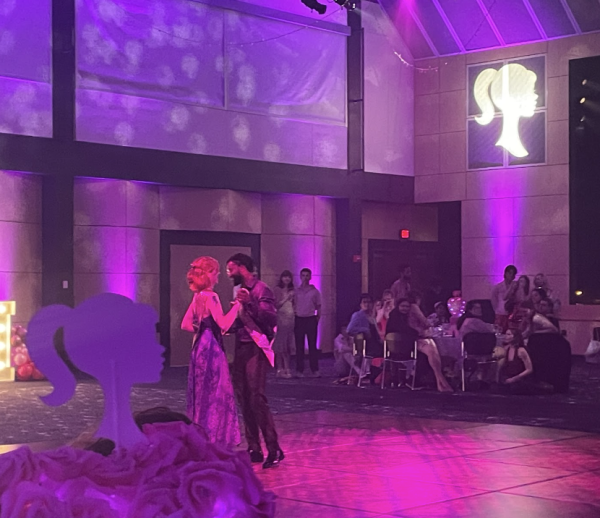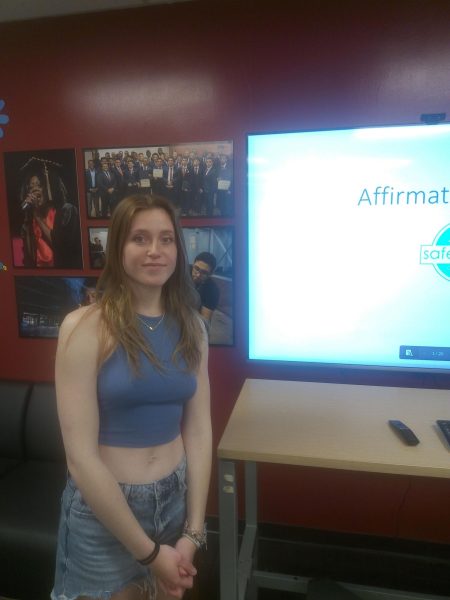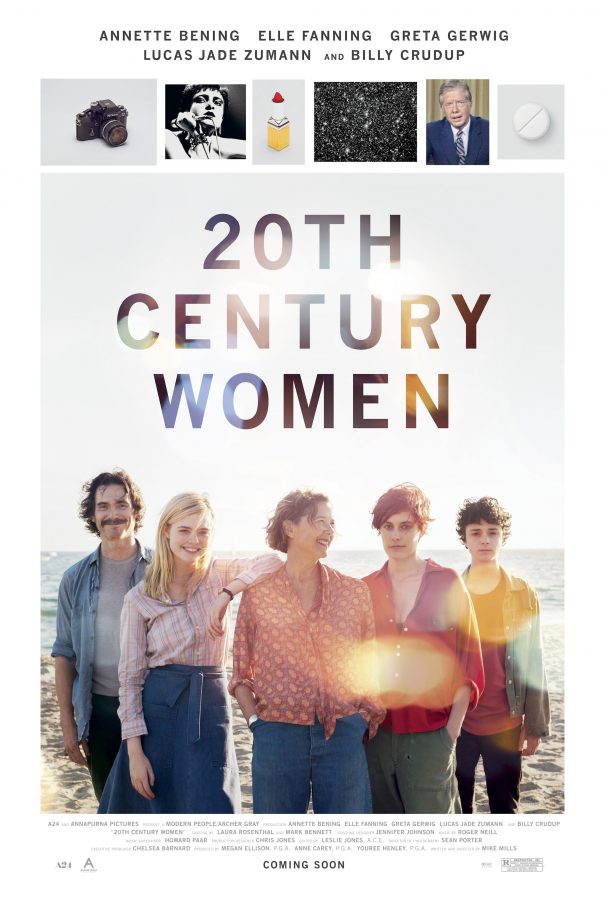“20th Century Women” yields Oscar worthy quality
Santa Barbara, 1979, the Buzzcocks’ “Why Can’t I Touch It” blasts over the caramel sunset beaches. Jimmy Carter delivers “Crisis of Confidence” to the nation. Vietnam finally comes to an end. Roe v. Wade, the Equal Rights Amendment and Title IX all occur within the decade. The ’70s marked a significant cultural shift from the then status quo.
This is the setting for Mike Mills’ second semi-autobiographical film, “20th Century Women,” a brilliant mosaic of memories and reflections Mills uses to rediscover his late mother.
How does a single mother who came of age in the ’40s raise a son in a culture you can’t comprehend? “How do you be a good man? What does that even mean nowadays?”
Feeling low on support as a single mother, Dorothea Fields (Annette Bening in a role to remember) proposes this question as she tries to raise her 15 year old son, Jamie (Lucas Zumann).
Bening’s warm, endearing eyes bear a weight only a mother has for her child. Her collective glances of puzzlement and affection carry familiar sincerity. Although Dorothea’s love for Jamie is unrelenting, she can be uncompromisingly opaque and insulating in an old-fashioned way, indicative of a less transparent generation. Her disposition creates roadblocks for Jamie he cannot bridge, despite his best efforts.
Unable to connect with her son, Dorothea enlists two young women to help raise Jamie; Abbie (Greta Gerwig), a twentysomething, art-punk boarder living in the family’s upstairs room and Julie (Elle Fanning), a melancholy, mature-beyond-her-years teen, who sneaks into Jamie’s bed nightly to reveal her problems and sexual explorations.
The structure of the film revolves around Jamie, but we learn very little of him. He acts more as a means of transportation for the audience to gain a greater insight into the lives of the three women. His confusing platonic relationship with Julie gives the audience access to her vulnerabilities. And his voice-over narrations of feminist literature parallels Abbie’s maternal sensibilities.
“20th Century Women” is by far my favorite movie this year. Like a jazz quartet, each performer hits all the right notes and knows when to lay off. The film’s overarching honesty resolves plot stagnation and pacing, but the film truly succeeds in providing perspective into the shifting tides of cultures and how parenting must adjust accordingly.
The themes are all too familiar with the shifting tides of 2017. New confusing pronouns, bizarre politics, technological innovations, safe spaces and constant racial strife all culminate into an indistinguishable shifting culture where a single mother raising her only son might still ask, “How do you be a good man? What does that even mean nowadays?”
https://www.youtube.com/watch?v=svu-i2Uv_Cw
Jared Shibuya can be reached at [email protected] or @theorion_arts on Twitter.


















